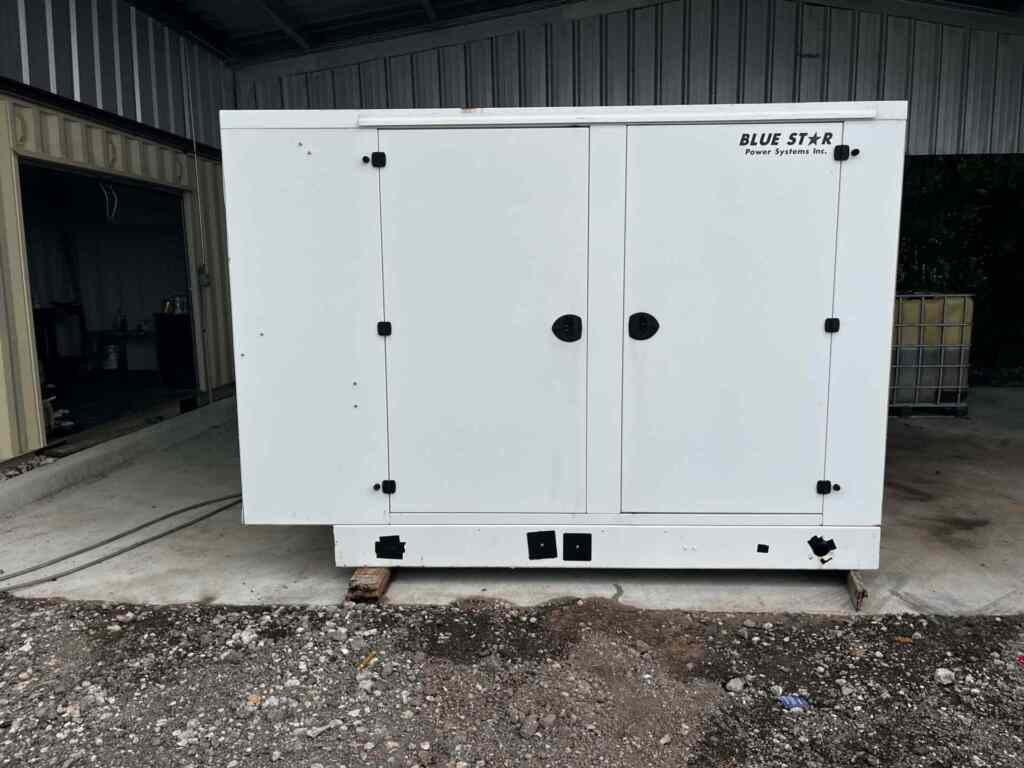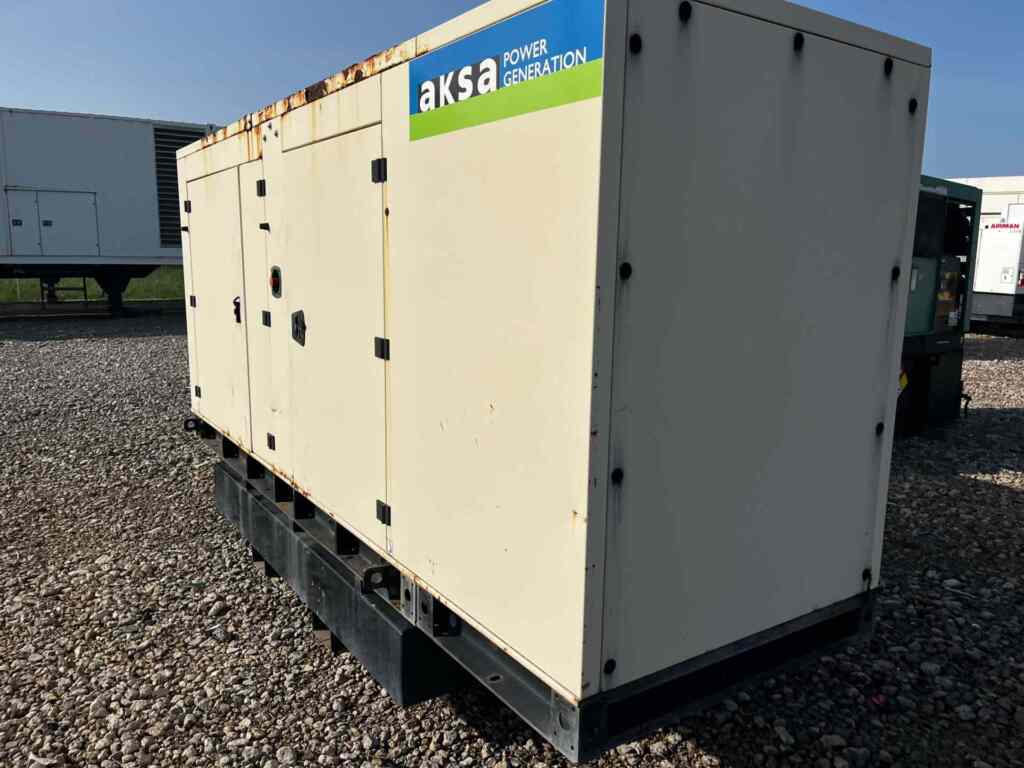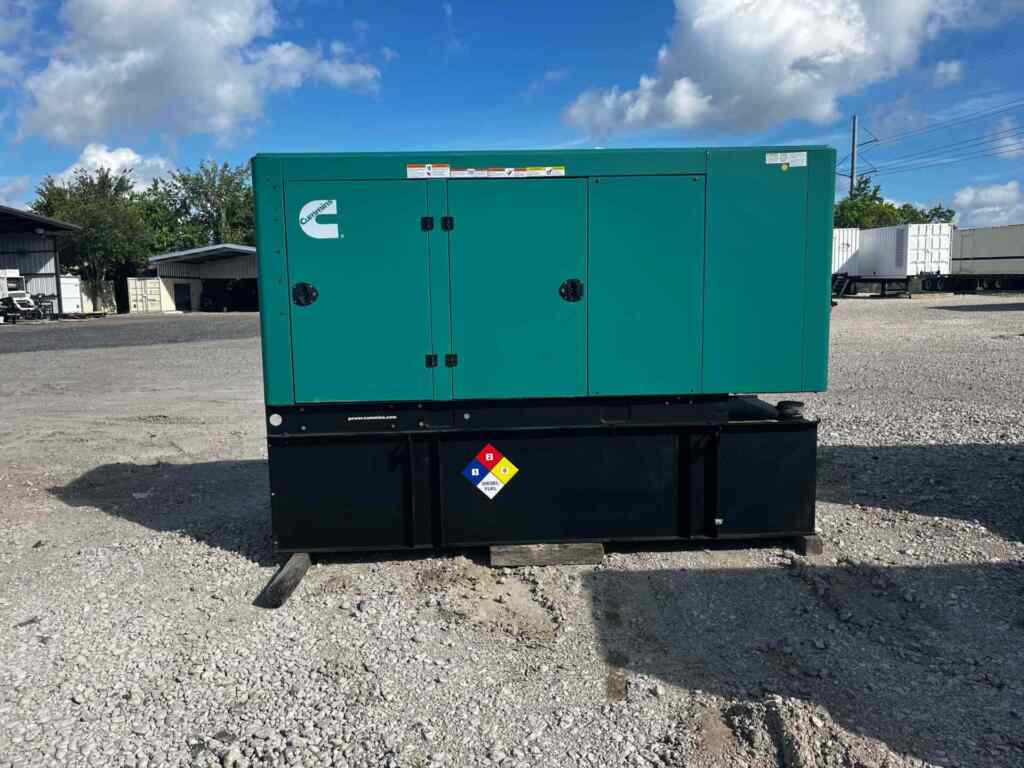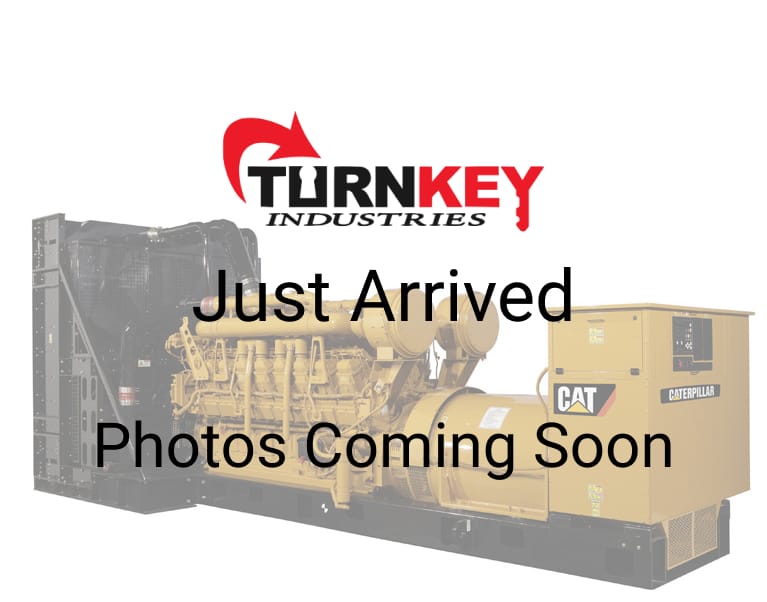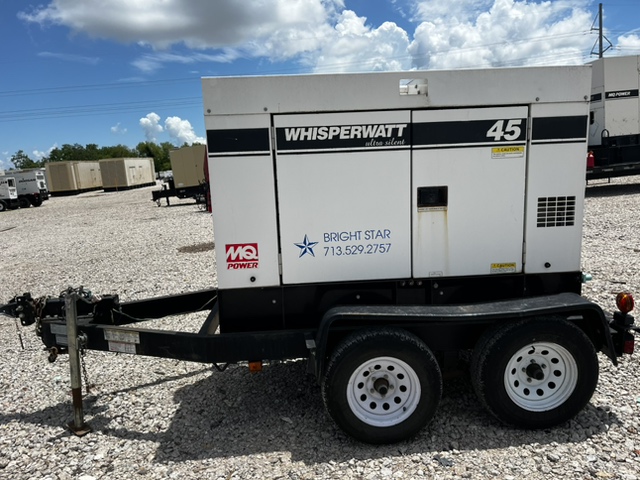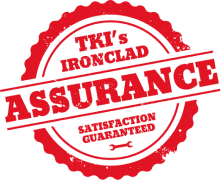Investing in a new or used industrial generator is a significant decision for any business. With the increasing reliance on electricity to power critical operations, having a backup power source is essential to ensure business continuity during unexpected power outages. However, choosing the right industrial generator can be overwhelming.
There are many types of commercial generators available in today’s market. This guide will discuss how you can find the right generator for your business needs by helping you calculate your power requirements. Choosing the right industrial generator may be daunting, but it isn’t impossible!
Determining Your Power Capacity Needs
One of the most important factors to determine before purchasing a commercial generator is the power capacity or wattage your business requires. Industrial-size generators come in a wide range of power capacities, from small generators capable of powering a few essential loads to large generators that can power an entire facility. Understanding your power needs is the first step to ensure a specific generator can provide adequate power for your business operations.
To determine your power requirements, it’s essential to conduct a thorough assessment of your business’s power usage. A certified electrician should conduct this assessment. The electrician will consider the equipment and machinery that must be powered during an outage, including their power ratings. Additionally, planning for future growth and expansion is essential to ensure that the generator you choose can accommodate your business’s changing power needs.
For more detailed sizing information, check out our guide on how to choose the right industrial generator size.
Choosing the Right Fuel Type
A generator’s fuel type is another key factor when choosing an industrial generator. Industrial generators typically run on diesel or gasoline. Each type has its advantages and disadvantages.
- Diesel Generators: Diesel generators are known for their fuel efficiency and durability. They are highly reliable and can provide continuous power for extended periods, making them ideal for businesses that require an uninterrupted power supply for critical operations. Diesel generators are also cost-effective. They have a long lifespan and low maintenance requirements. However, they can cost more at the outset compared to gas generators. For more information on the benefits of diesel generators, visit diesel generator benefits.
- Gas Generators: Gas generators are generally more affordable upfront and suitable for businesses with a lower budget. They are typically smaller and more portable, making them a good option for businesses that require a more mobile solution. The downside to gas generators is that they cannot power larger facilities and have higher fuel costs than diesel generators.
When choosing between diesel and gas generators, it’s essential to consider your business’s specific needs. This includes the required power capacity, expected runtime, and budget. Consulting with a reputable generator provider like Turnkey Industries can help you decide based on your unique requirements.
Portability: Mobility for Your Business
Portability is another critical factor for businesses to consider when choosing a generator. If you need to move your generator d to different locations, such as construction sites or other remote areas, portable generators mounted on trailers may be your best option. These generators are designed for easy transportation and typically come with built-in fuel tanks.
If you don’t need a portable solution, permanently installing a standby generator in a designated location may be the best option for your business. Stationary generators are typically larger and require professional installation and connection to the building’s electrical system. For a detailed comparison on the two types of generators, see our article on portable vs. stationary generators.
Maintenance: Ensuring Reliability
Proper maintenance is crucial for an industrial generator’s reliable and efficient operation. Regular maintenance helps identify and address any potential issues before they become major problems, ensuring that the generator performs optimally and has a longer lifespan.
When choosing an industrial generator, consider the maintenance requirements and costs associated with the generator model.
- Diesel generators typically require regular maintenance, such as oil and filter changes, fuel system cleaning, and periodic testing.
- Gas generators may also require maintenance, although they generally have fewer maintenance requirements than diesel generators.
For more generator maintenance tips, visit our guide on industrial generator maintenance.
It’s also essential to consider the availability of replacement parts and service providers for the generator brand and model you purchase. Choosing r generator from a reputable manufacturer with a wide service network and readily available spare parts ensures maintenance and repairs can be promptly addressed, minimizing downtime during emergencies.
Types of Commercial Generators
Several types of commercial generators are available, each with unique features and advantages. Understanding the different types of generators can help you choose the one that best suits your business needs.
- Standby Generators: Standby generators are designed to automatically detect a power outage and switch on to provide backup power to your facility. They are permanently installed and connected to a facility’s electrical system. Standby generators are ideal for businesses that require an uninterrupted power supply for critical operations and can provide power for extended periods. Learn more about prime vs. standby power generators.
- Prime Generators: Prime generators are designed to provide continuous power for extended periods and are suitable for businesses that require a reliable power source for prolonged operations. They are typically larger and more robust than standby generators and may have additional features such as larger fuel tanks and enhanced cooling systems.
- Portable Generators: Portable generators, also known as towable generators or trailer-hitched generators, are typically smaller and more mobile than standby and prime generators. They are usually mounted on trailers and are designed for easy transportation to different locations. Portable generators are suitable for businesses that require temporary or mobile power solutions, such as construction sites or events. Read more about when and where to use industrial generators.
Budget Considerations
The cost of an industrial generator is an important consideration for any business. Commercial generator prices vary significantly depending on the generator type, power capacity, fuel type, and brand. It’s essential to establish a budget for your generator purchase and consider the long-term costs associated with maintenance, fuel, and potential repairs. For detailed pricing insights, see our article on commercial generator cost.
Diesel generators generally have higher upfront costs than gas generators due to their durability and fuel efficiency. However, they offer a reliable and continuous power supply for critical operations. Investing in a high-quality generator from a reputable manufacturer may be more cost-effective in the long run, as it can ensure reliable performance, lower maintenance costs, and a longer lifespan.
Research and Comparison
With a wide range of industrial generators available in the market, it’s crucial to research and compare different options to find the best commercial generators for your business needs. Here are three key tips to help you make an informed decision:
- Research Generator Providers: Look for reputable generator retailers with a proven track record of delivering high-quality generators and reliable customer service. Read customer reviews and testimonials to gauge their reputation and reliability.
- Compare Features and Specifications: Compare the features and specifications of different industrial generator models to ensure they meet your business requirements. Consider fuel tank capacity, run time, noise level, emissions, and safety features. Understand the differences between continuous, prime, and standby generators.
- Check Warranty and Support: Look for generators with a comprehensive warranty and reliable customer support. A good warranty can provide peace of mind and protect your investment in case of any issues.
Additional Factors to Consider
Choosing an industrial generator depends on important factors such as your specific power needs and facility size. The right generator can support your power supply and keep your operations running during emergencies. Here are some additional factors to consider before you finalize your purchase.
Safety
Facilities that operate life-sustaining or life-saving equipment must have a generator in place for emergencies. For example, a hospital must maintain its medical equipment for patient health and safety during a power outage. Additionally, many facilities require a generator for safety systems such as fire alarms and emergency lights.
Efficiency
The right generator allows your company to continue operations during a power outage. This backup power supply enables you to improve your efficiency by reducing machine downtime and increasing productivity. Learn more about the advantages of parallel generator operation.
Machinery Voltage and Power Needs
How much power you need and how you intend to use it is an important consideration when purchasing an industrial generator. If you run a smaller company, a single-phase generator may be sufficient. However, larger companies typically require three-phase generators to support a substantial electrical demand. For more insights, see our guide on choosing the perfect-sized industrial generator.
Facility Size
Your facility’s size also determines whether you need a single-phase or three-phase generator. You may choose a single-phase generator to back up a small building on your property, but you most likely require a three-phase generator if you need to power a large facility. To better understand the requirements, refer to this detailed guide on Phases & Voltages Overview For Industrial Generators.
Potential Company Expansion
Before investing in a generator, predict or estimate how much your company may grow and how much power you will need to support this growth. For example, a larger generator is the ideal choice if you only need to power a couple of machines now but plan to add five heavy machines in the next couple of years.
Environmental Factors
In addition to your facility’s size, you must consider several environmental factors to ensure your generator can withstand its surroundings. A generator must be durable enough to handle weather conditions if you plan to install it in an outdoor area. Matching a generator to environmental conditions helps extend its life span and saves you money on repairs.
Fuel Type
Industrial generators use different fuel types. Compare these fuel types to understand how they affect your purchasing decision:
- Diesel: Diesel generators are typically the best choice for industrial applications because they efficiently provide high power. They are also highly reliable and durable, and they require little maintenance. Learn more about the benefits of diesel generators.
- Natural gas: Natural gas costs less than diesel fuel, but gas generators typically supply less power than diesel generators. Discover the benefits of natural gas generators.
- Gasoline: Gasoline is typically the most expensive fuel type.
- Propane: Propane is typically more eco-friendly than gas but works less efficiently.
Choosing the right fuel type is essential for ensuring the reliability and efficiency of your industrial generator. Consulting with a professional can help you make an informed decision based on your needs and circumstances.
Get the Right Generator for Your Business
Choosing the right industrial generator is a critical decision that can significantly impact your business’s operations and productivity. By understanding your power capacity needs, considering the right fuel type, and considering factors such as portability, maintenance, and budget, you can make an informed decision that ensures a reliable power supply during outages and emergencies. For more detailed information on different types of generators and their benefits, visit our guide on the different types of industrial generators.
If you need further assistance or have questions, please contact our experts at Turnkey Industries. We are here to help you choose the right generator to meet your specific requirements and ensure your business’s continuous and efficient operation.
 Turnkey Industries offers a variety of high-capacity
Turnkey Industries offers a variety of high-capacity 